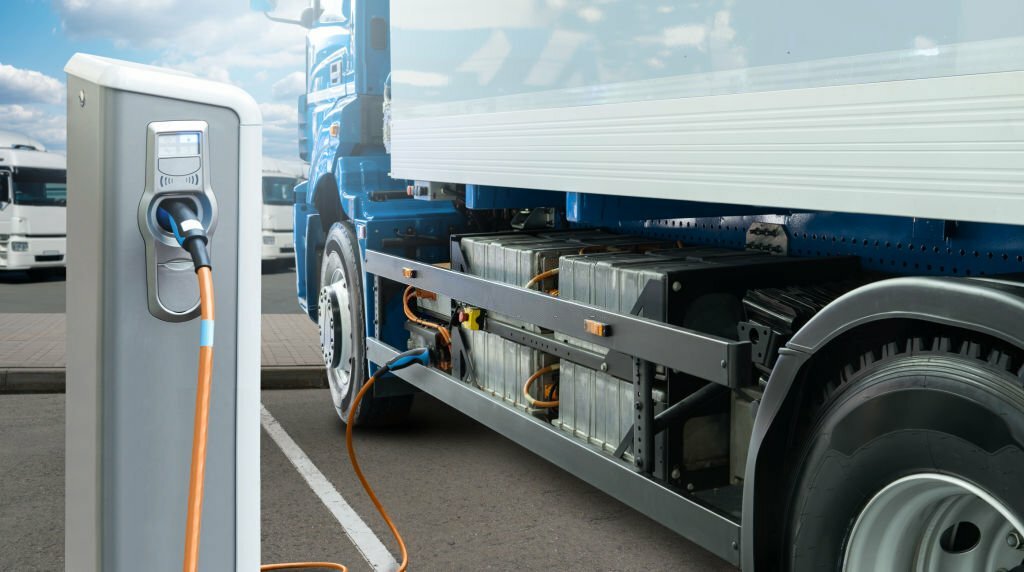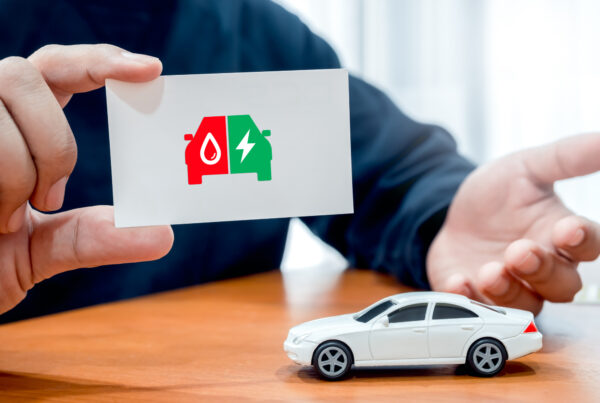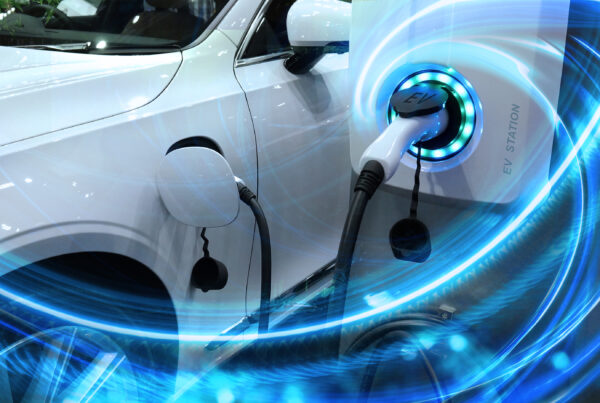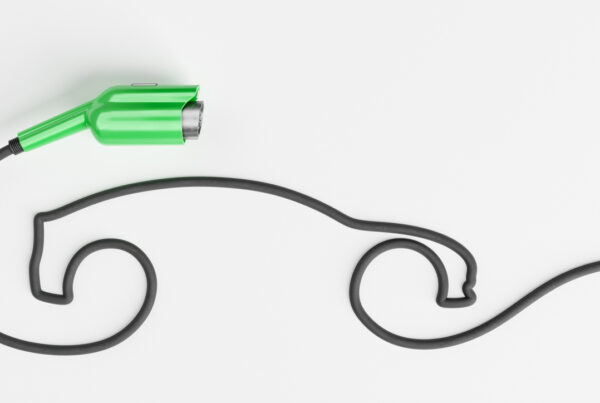Electric delivery trucks have been at the forefront of Australia’s commercial transport sector over the past few years. These vehicles not only help reduce greenhouse gas emissions but also promise significant economic benefits due to lower fuel and maintenance costs.
This transition not only meets growing consumer demand for sustainable practices but also enhances business efficiency and reputation. Let’s explore the increasing adoption of electric delivery trucks in Australia.
The Current Landscape of Electric Delivery Trucks in Australia
Australia’s transportation sector is increasingly turning to electric delivery trucks as part of a broader movement towards sustainability and reduced carbon emissions. Although still in the early stages compared to other regions like Europe and North America, the adoption of electric delivery trucks in Australia is poised for growth.
Several key players are pivotal in shaping the electric delivery truck market in Australia:
- Volvo Trucks: A global player, actively pushing its electric trucks in Australia, focusing on sustainability and long-term cost savings. They’re introduced several electric models in Australia, such as the Volvo FL Electric and the Volvo FE Electric. These trucks are designed to meet the needs of urban distribution and refuse collection operations, among other applications, with zero exhaust emissions and lower noise levels, making them ideal for urban operations.
- Tesla: Known for its electric cars, Tesla plans to revolutionise long-haul deliveries with its upcoming Tesla Semi, aiming for significant reductions in transportation emissions.
- Ford: Ford’s E-Transit, its first electric vehicle offering in Australia, is based on its top-selling van. Available exclusively in a full-sized, long-wheelbase version with standard or high roof options, it starts at $104,900. The E-Transit is powered by a 198kW motor and a 68kWh battery, offering up to 307km of driving range. Its fast charging capability allows it to recharge significantly in under 35 minutes using a DC fast charger.
- Foton. Foton Mobility Distribution is the market leader for electric trucks in Australia today. Its T5 EV is suitable for car or light rigid license holders with a GVM of up to 6,000kg. It features a rare 3,500kg towing capacity for EVs, a full-load range of 180km, and a robust safety suite that includes a Low-Speed Pedestrian Warning System, comprehensive electronic braking and stability support, dual SRS airbags, and reversing aids. Available in various trims, such as an Australian-made steel tipper body and an alloy tray, the T5 EV is designed to meet diverse local needs.
- Hyundai: Hyundai is expanding its electric vehicle offerings with the Mighty, a light-duty electric truck that features a 120kW motor and a 114.5kWh battery capable of up to 200km range. It supports ultra-rapid 800V charging, reducing battery recharge time significantly.
- Fuso: A pioneer in electric heavy vehicles in Australia, Fuso introduced the eCanter in 2021 and showcased its latest model at the Brisbane Truck Show. The new eCanter includes upgraded features for increased usability and range, and it features a newly developed electric motor that allows for different levels of regenerative braking.
Recent Developments in Electric Vehicle Trucks
Australia is rapidly advancing in the adoption of electric vehicle (EV) trucks, highlighting a significant shift towards sustainable transportation. Here are some of the latest developments:
Team Global Express Electric Fleet: Under the “Driving the Nation” initiative, Prime Minister Anthony Albanese launched a fleet of 43 electric trucks in Sydney. These are part of a larger project by Team Global Express, which includes acquiring 60 trucks—36 Volvo FL Electrics and 24 Daimler Fuso eCanters, supported by a $20.1 million investment from ARENA. This project aims to reduce emissions in the transport sector, where trucks and buses play a major role.
IKEA Australia’s Zero-Emissions Goal: IKEA Australia is pushing towards 100% zero-emissions for deliveries by 2025, recently unveiling new EVs in Sydney. This effort, in collaboration with local delivery and fleet management companies, showcases IKEA’s commitment to sustainable logistics.
Woolworths Group’s Electric Trucks Initiative: Woolworths Group plans to convert its home delivery trucks to electric by 2030, with the first 27 EVs already operational. This move is part of a broader strategy to replace over 1,000 trucks with EVs by 2027, supported by government grants to encourage low-emission technologies.
Australia Post’s EV Trials: Australia Post has begun a 6-month trial of the Volvo FL Electric truck, This has contributed to several ongoing evaluations of electric trucks’ performance across various operational scenarios, including trials by Linfox’s subsidiary, BevChain.
These developments reflect the concerted efforts by Australian businesses and governments to incorporate EVs into commercial transportation. In turn, it can help in reducing environmental impact and leading innovation in sustainable logistics.
This was first published in the April 2024 edition of FleetDrive.
Did you find this article interesting? Click the ‘heart’ button above to give it a ‘like’.


















